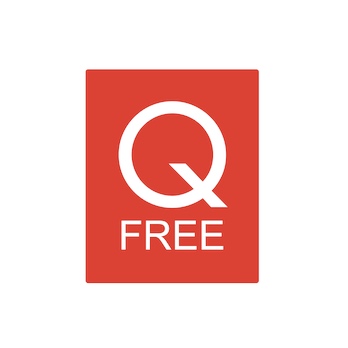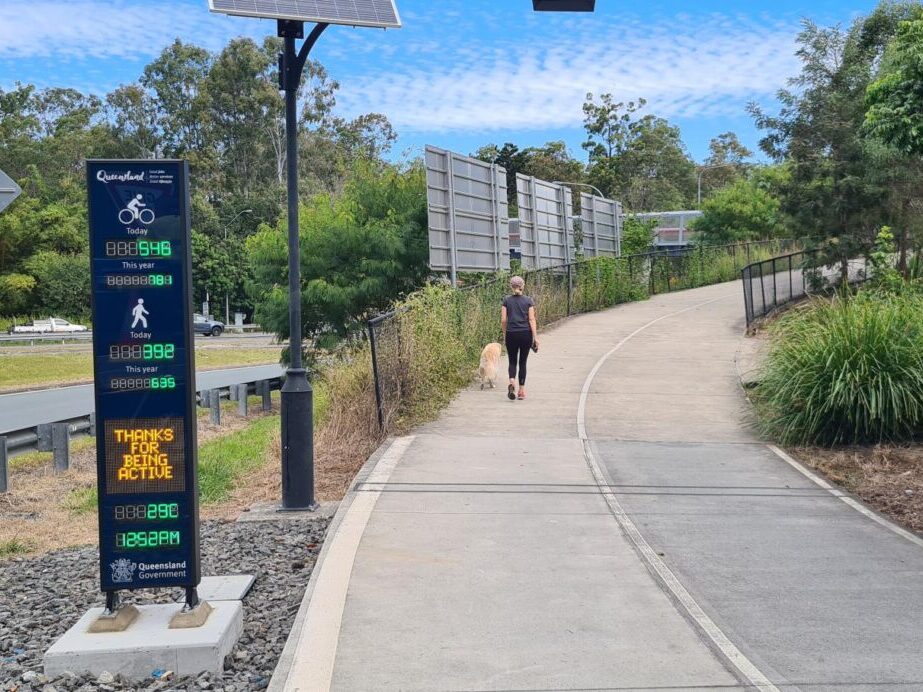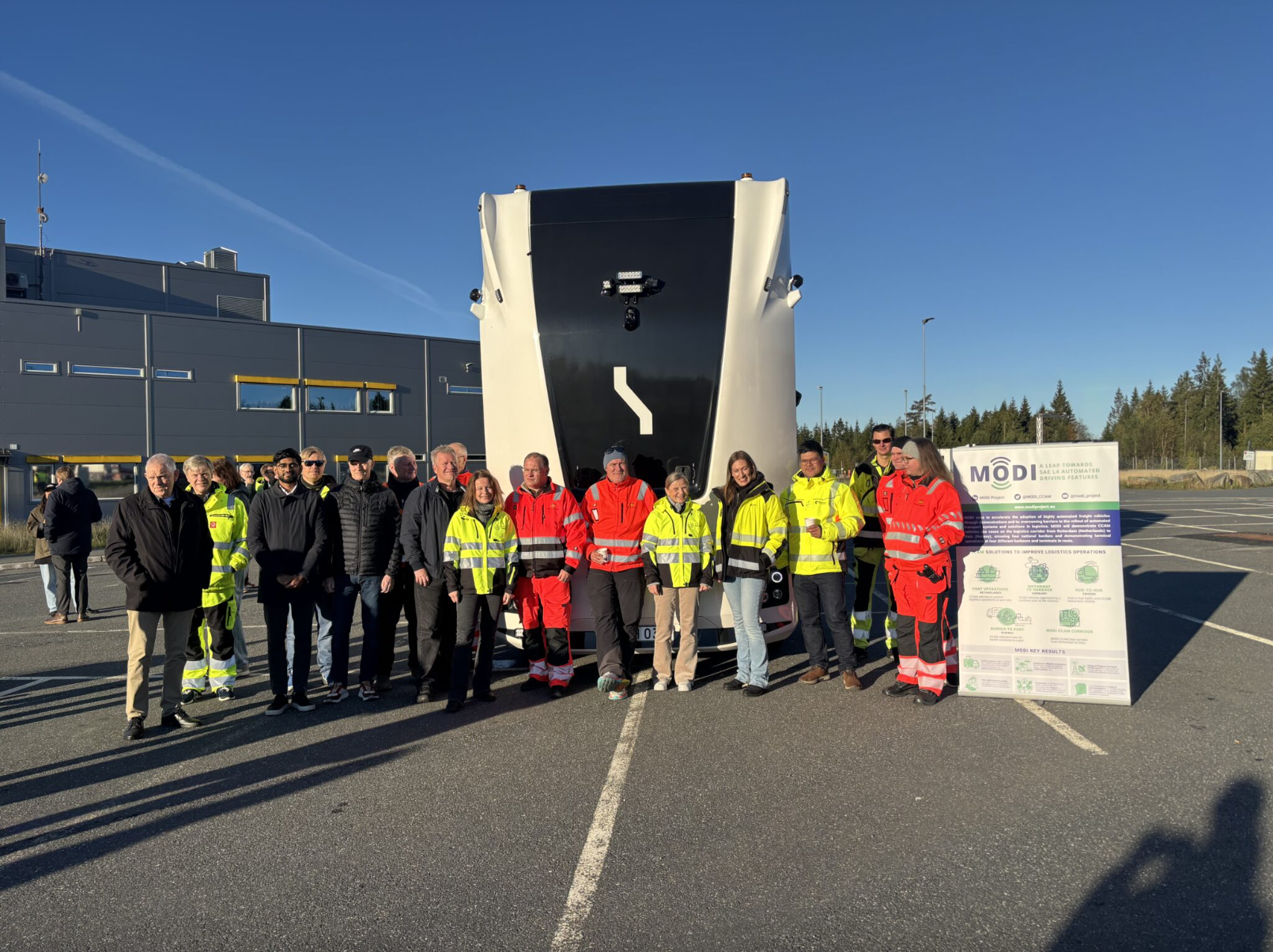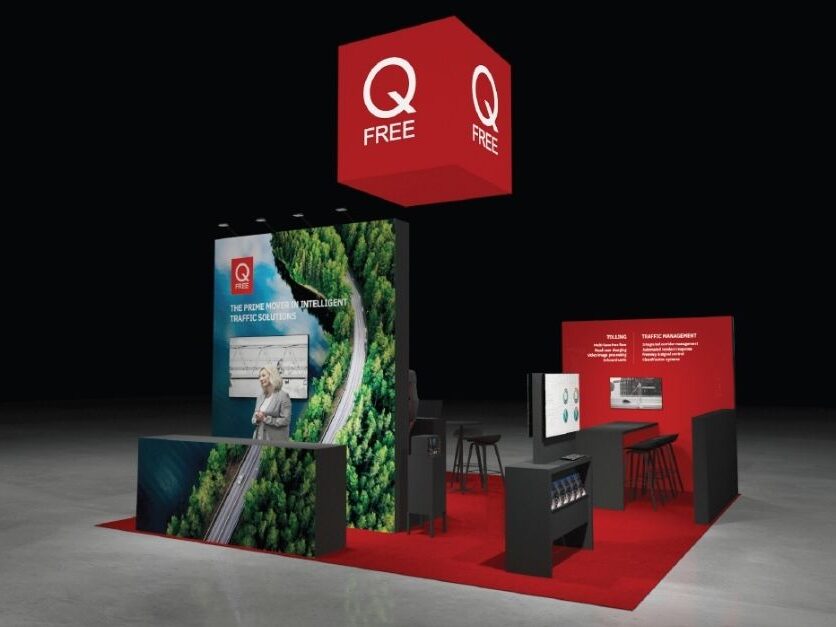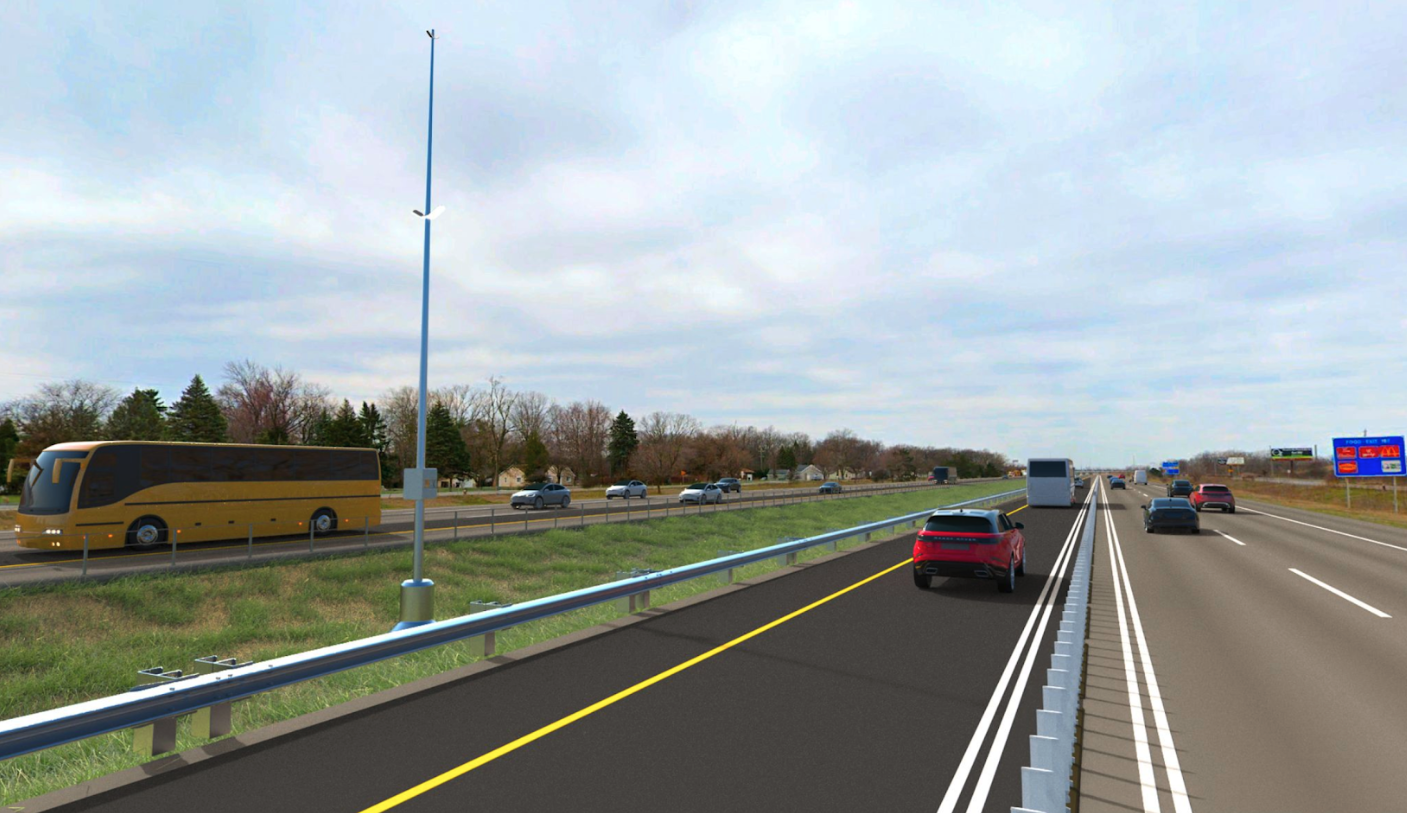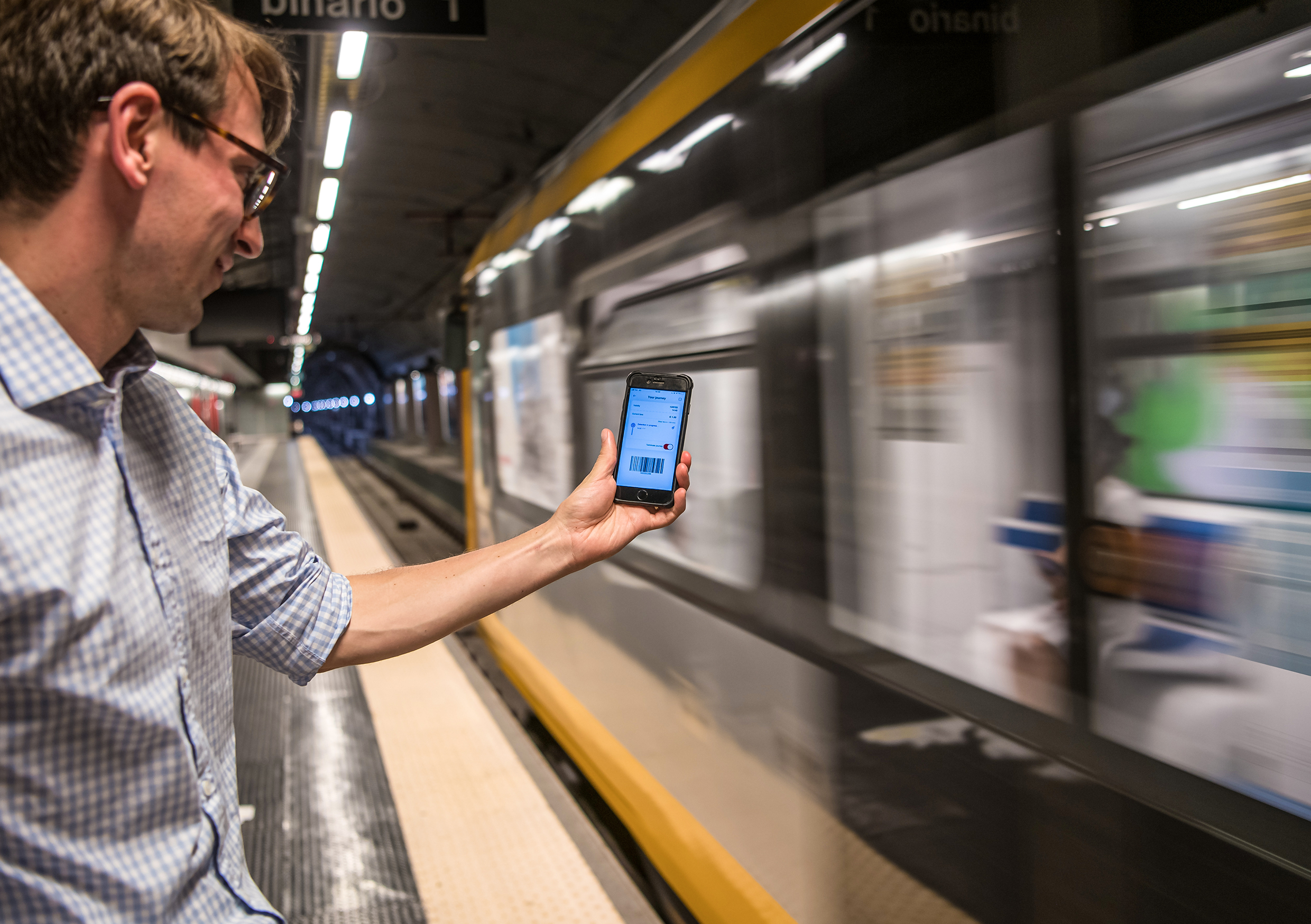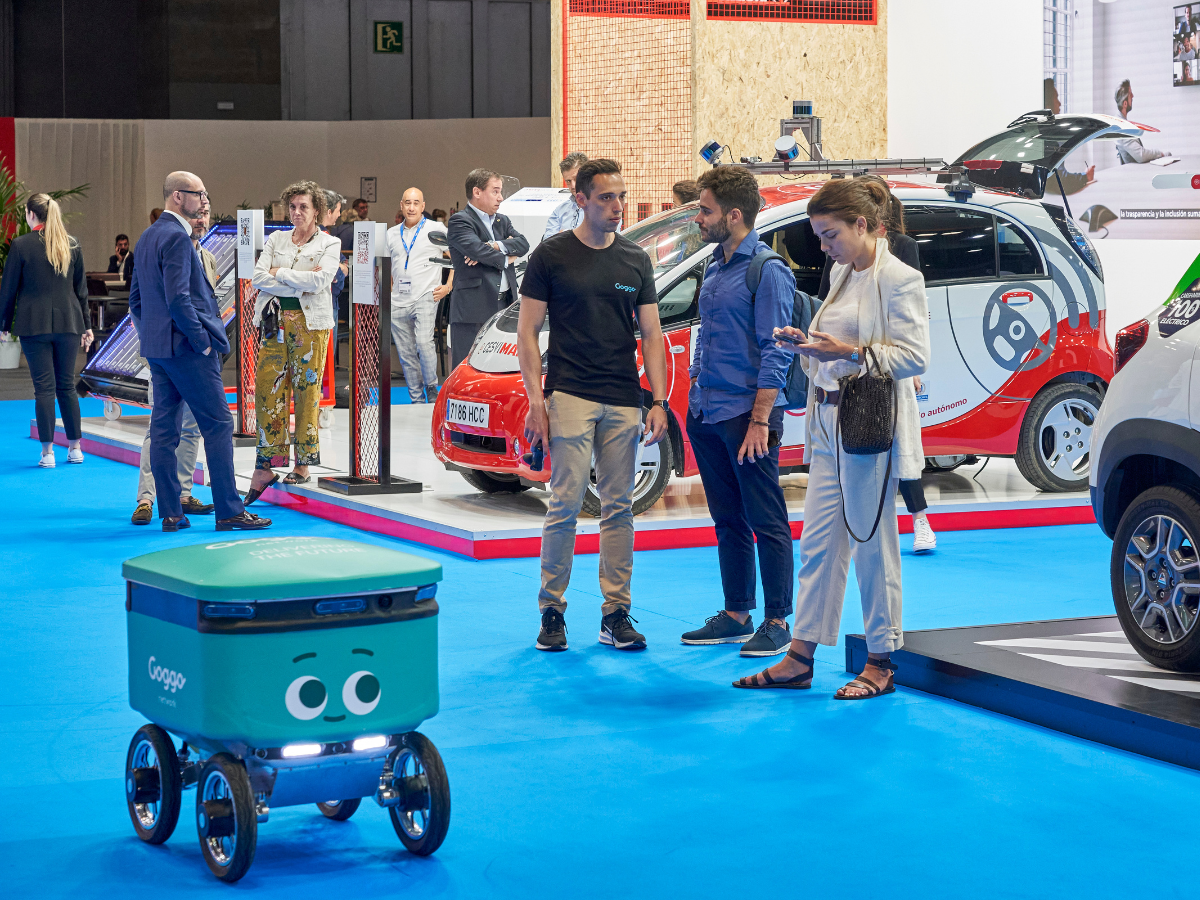Alliance aims to accelerate the deployment of connected vehicles and related technologies.
- Q-Free joins the iATL to collaborate on CV research and innovation
- iATL lab brings industry sectors together to create safety applications
- Leverages Q-Free’s success in deploying local and central CV solutions

Q-Free (OSE: QFR), a global leader in mobility solutions for smart city infrastructure, announced that is has joined the Infrastructure Automotive Technology Laboratory (iATL) Alliance. The iATL, a private-sector-funded initiative, works to accelerate connected vehicle technology through industry collaboration to save lives, improve traffic, and reduce the environmental impact of transportation—goals and values shared by Q-Free.
Lab-Controlled Real-World Testing
Real-world testing poses a significant hurdle for the deployment of connected vehicle (CV) technology, often necessitating expensive setups and late-night sessions in empty lots. To improve real-world CV testing capabilities, the iATL operates a 4,400-square-foot lab serving as a dedicated engineering technical facility to test connected vehicle applications. The lab houses dozens of traffic controllers that control equipment, including signs, signals, smart arrows, and school zone beacons, making it a crucial hub for testing CV technology across multiple platforms or devices, all the while ensuring interoperability.
Tim Bean, Q-Free Executive VP of Technology, said:This partnership with the iATL Alliance is about more than just advocacy. With their test facilities and record of innovation in connected vehicle technology, Q-Free gains a partner that helps promote CV technology advancements and the ability for real-world testing.
Connecting vehicles with the traffic infrastructure improves traffic, lowering congestion and emissions. It’s also an efficient way to protect vulnerable road users like cyclists and pedestrians and make strides to advance Vision Zero initiatives.
Connect with Connected Vehicles
Connected vehicle technology is a necessary first step to creating smart cities where all road users benefit from data communication between many active devices. Q-Free EVP of Operations, Whitney Nottage, highlights a CV project in Georgia that coincides with the iATL partnership::Joining the iATL Alliance now is a timely partnership given our current efforts on the Gwinnett County Smart Cities project.
In this project, we’ve completed some exciting developments on MAXTIME cv to enable robust transit signal priority, emergency vehicle preemption service applications, and multiple TIM messaging applications. Additional efforts are ongoing with this project to further enhance Kinetic CV for scheduling TIM broadcasts, CV data logging, and more.
MAXTIME cv is Q-Free’s app that runs locally on an intersection controller. MAXTIME cv broadcasts real-time traffic signal data (SPaT, MAP, SSM, and more) to connected vehicles, sharing crucial data like position and lane tracking, speed, or emergency broadcasts. The system also receives data (SRM, BSM, PSM messages) that enables safety and mobility applications like dilemma zone and red-light runner detection.
Kinetic CV makes connected vehicle data for SPaT and MAP available centrally and within an API, enabling third-party systems to subscribe to large amounts of CV data from a single system. It is built on the Kinetic Mobility platform for ease of use and scalability.
This article was originally published by Q-Free.


